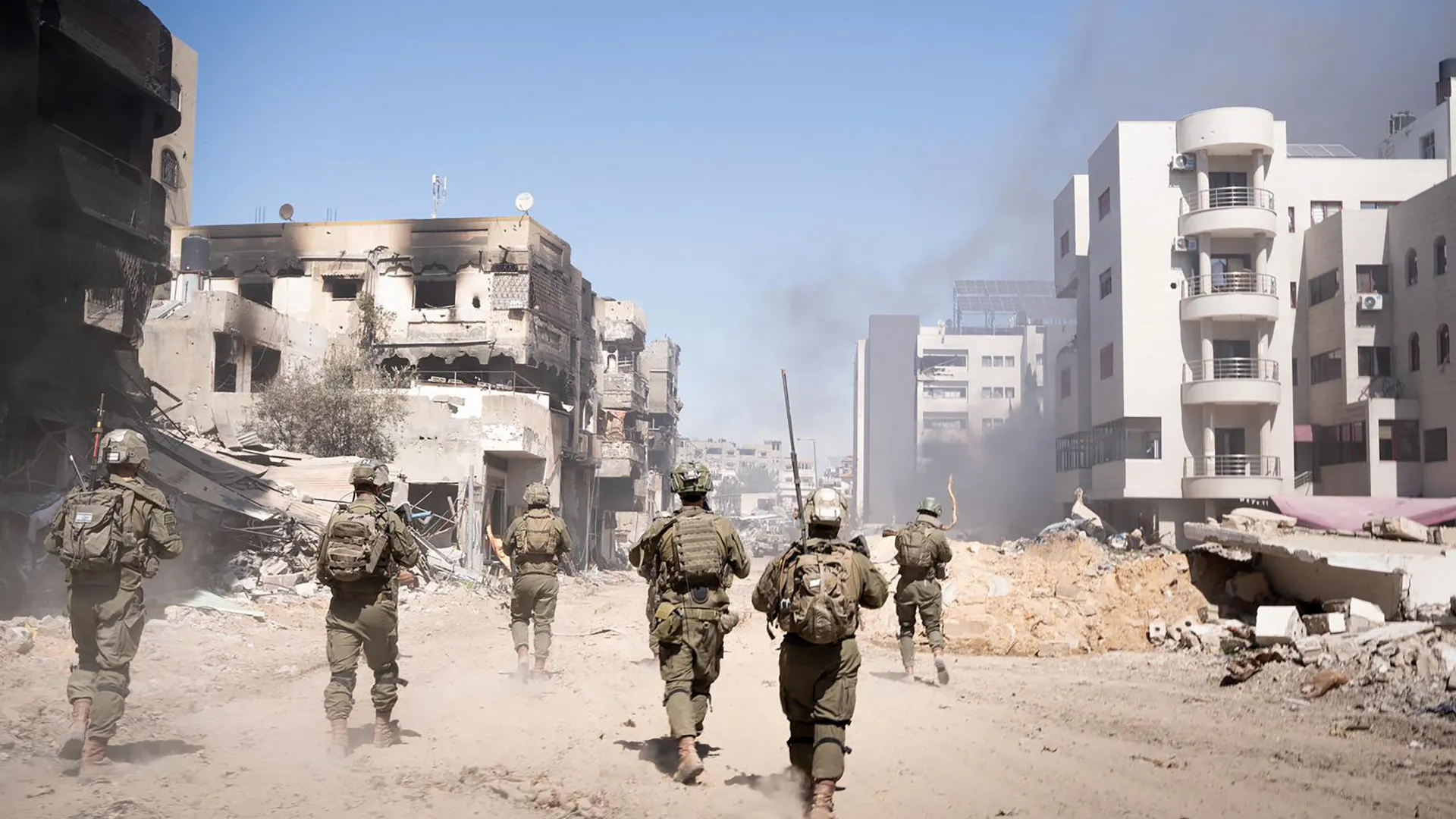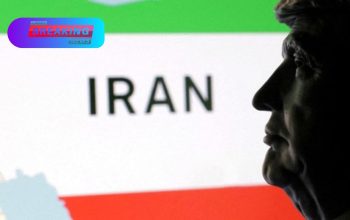In a dramatic turn of events, the US withdraws from Gaza ceasefire negotiations, stepping back from efforts aimed at resolving the recent surge in violence between Israel and Palestinian factions in the Gaza Strip. This US withdraws from Gaza move signals a major shift in the diplomatic approach toward one of the most protracted and volatile conflicts in the Middle East.
Background of the Gaza Conflict
The Gaza Strip has repeatedly seen cycles of violence, with clashes between Israel and Palestinian militant groups, most notably Hamas, causing devastating humanitarian consequences. The region remains under blockade and faces frequent outbreaks of fighting, often triggered by political tensions, security incidents, or escalations in Jerusalem.
International stakeholders, including the US, Egypt, Qatar, and the United Nations, have historically worked together to broker temporary ceasefires to halt hostilities and open pathways for humanitarian aid.
Recent months witnessed a significant spike in violence. Rocket attacks from Gaza and Israeli airstrikes resulted in widespread destruction and loss of life, intensifying the urgency for a ceasefire.
US Involvement in Ceasefire Negotiations
For decades, the United States has played a key role in mediating peace efforts between Israel and the Palestinians. Washington often uses its diplomatic influence, particularly over Israel, to encourage de-escalation and support peace talks.
In the latest round of ceasefire talks, US diplomats actively engaged with representatives from Israel, Palestinian authorities, and regional mediators. The goal was to negotiate a durable ceasefire agreement that would halt violence and allow humanitarian aid to reach Gaza.
Despite the complexity of the conflict, the US maintained a central role as a mediator, working closely with Egypt and Qatar, who have traditionally acted as intermediaries.
Why the US Withdraws from Gaza Ceasefire Talks
The US decision to pull out from the ceasefire talks stunned many observers and diplomats. According to statements from the State Department, the withdrawal stemmed from several factors.
First, the US expressed deep frustration with the lack of genuine commitment from some Palestinian factions to sustain a ceasefire. Washington stressed that meaningful steps to prevent rocket attacks were absent.
Second, the US administration felt that Israel’s security concerns were not adequately addressed within the negotiation framework. Ensuring Israel’s right to defend itself remained a non-negotiable point for Washington.
Third, internal political pressures in the US influenced the decision. Some US lawmakers questioned the efficacy of ongoing talks that showed little progress and seemed to reward violence rather than deter it.
Lastly, the US indicated that the talks lacked clarity and enforceability, making it impossible to guarantee compliance on the ground.
Reactions After US Withdraws from Gaza Negotiations
The US withdrawal immediately sparked reactions across the region and internationally.
Israeli officials welcomed the decision cautiously, interpreting it as a firm message that Israel’s security must take precedence. Israeli leaders emphasized their determination to respond decisively to threats from Gaza.
In stark contrast, Palestinian officials condemned the US withdrawal, accusing Washington of abandoning its role as a neutral mediator. Palestinian leaders warned that without US involvement, prospects for peace would diminish, and hostilities might intensify.
Regional actors such as Egypt and Qatar reaffirmed their commitment to continue mediating. They urged both parties to remain engaged in dialogue despite the setback.
Internationally, many countries expressed concern over the potential implications. European Union representatives called for renewed diplomatic efforts and urged all parties to avoid further escalation.
How US Withdrawal from Gaza Talks Affects Ceasefire Prospects
The US stepping back from the talks threatens to stall progress on achieving a ceasefire. Washington traditionally wields significant influence, especially over Israel, which can help to enforce agreements.
Without the US actively mediating, remaining negotiators face tougher challenges in bringing both sides to consensus. This vacuum risks prolonging the conflict, potentially leading to further civilian casualties and destruction.
Humanitarian organizations also fear that without a ceasefire, aid deliveries will remain blocked, worsening Gaza’s dire humanitarian situation.
However, some experts believe the withdrawal may encourage other regional players to intensify their mediation efforts, potentially bringing fresh perspectives to the negotiations.
Humanitarian Challenges Amid US Withdrawal from Gaza Talks
The humanitarian situation in Gaza has deteriorated sharply due to the ongoing conflict. Hospitals and clinics operate under severe strain, facing shortages of medicines, fuel, and medical personnel.
Millions of civilians live with limited access to clean water, electricity, and food supplies. Ceasefire agreements have in the past provided critical relief by enabling humanitarian organizations to deliver aid.
The lack of a ceasefire threatens to deepen this crisis. Aid agencies warn that the continued fighting will further degrade infrastructure and delay essential assistance.
The US withdrawal complicates humanitarian coordination as Washington has traditionally been a key donor and logistical supporter for relief efforts in Gaza.
Geopolitical Ramifications
The US decision reflects broader shifts in its Middle East policy. Analysts suggest Washington may be recalibrating its priorities, influenced by domestic political considerations and a changing regional landscape.
The move may alter US relationships with key allies. Israel could interpret the withdrawal as a signal of increased autonomy to take a harder line against Gaza, while Palestinian factions may feel increasingly sidelined.
The withdrawal could also embolden rival powers like Iran, which support Palestinian militant groups and oppose US influence in the region. Tehran might exploit this opportunity to increase its regional footprint.
Other global powers, including Russia and China, might also seek to expand their diplomatic roles amid reduced US engagement.
Voices from the Ground
The withdrawal impacts real people in the conflict zone. In Gaza, civilians express fear and frustration, caught in the crossfire with few prospects for relief. Many hope international pressure can end the violence soon.
Israeli communities near Gaza endure constant rocket threats. While many support firm military responses, others call for renewed peace initiatives to break the cycle of violence.
Local aid workers and human rights groups emphasize the urgent need to protect civilians and allow humanitarian access regardless of political setbacks.
Future Steps After US Withdraws from Gaza Ceasefire Talks
With the US withdraws from Gaza talks, responsibility shifts more heavily onto regional mediators and international organizations. Egypt, Qatar, and the UN will need to intensify efforts to rebuild trust and facilitate dialogue.
Renewed negotiations must address fundamental issues like security guarantees, the blockade of Gaza, and the political status of Palestinian governance, especially now that the US withdraws from Gaza negotiations.
Confidence-building measures could pave the way for substantive discussions despite the fact that the US withdraws from Gaza ceasefire efforts, signaling a more complex diplomatic landscape. International actors should also prioritize protecting civilians and facilitating humanitarian access.
Though the US withdraws from Gaza talks complicate diplomacy, it should not halt efforts toward peace and relief for those suffering on the ground.
Conclusion
The United States’ withdrawal from Gaza ceasefire talks marks a critical and unsettling moment in the ongoing Middle East conflict. The move exposes deep challenges in achieving a lasting resolution and raises risks of further violence.
While frustration over stalled negotiations motivated the withdrawal, the absence of US engagement leaves a void that regional and global actors must fill. The urgency to protect civilians, deliver aid, and pursue peace remains greater than ever.
The world watches as diplomatic efforts adapt to this new reality, hoping that dialogue, cooperation, and compassion will ultimately overcome entrenched divisions.



